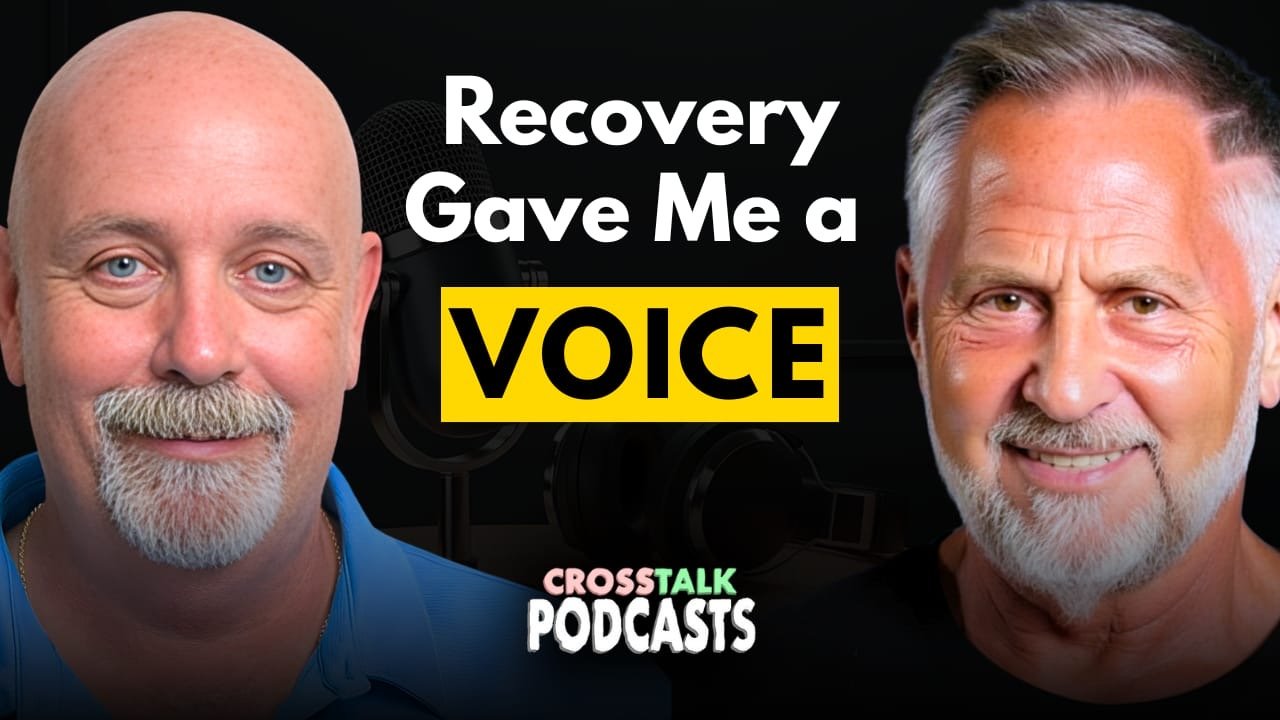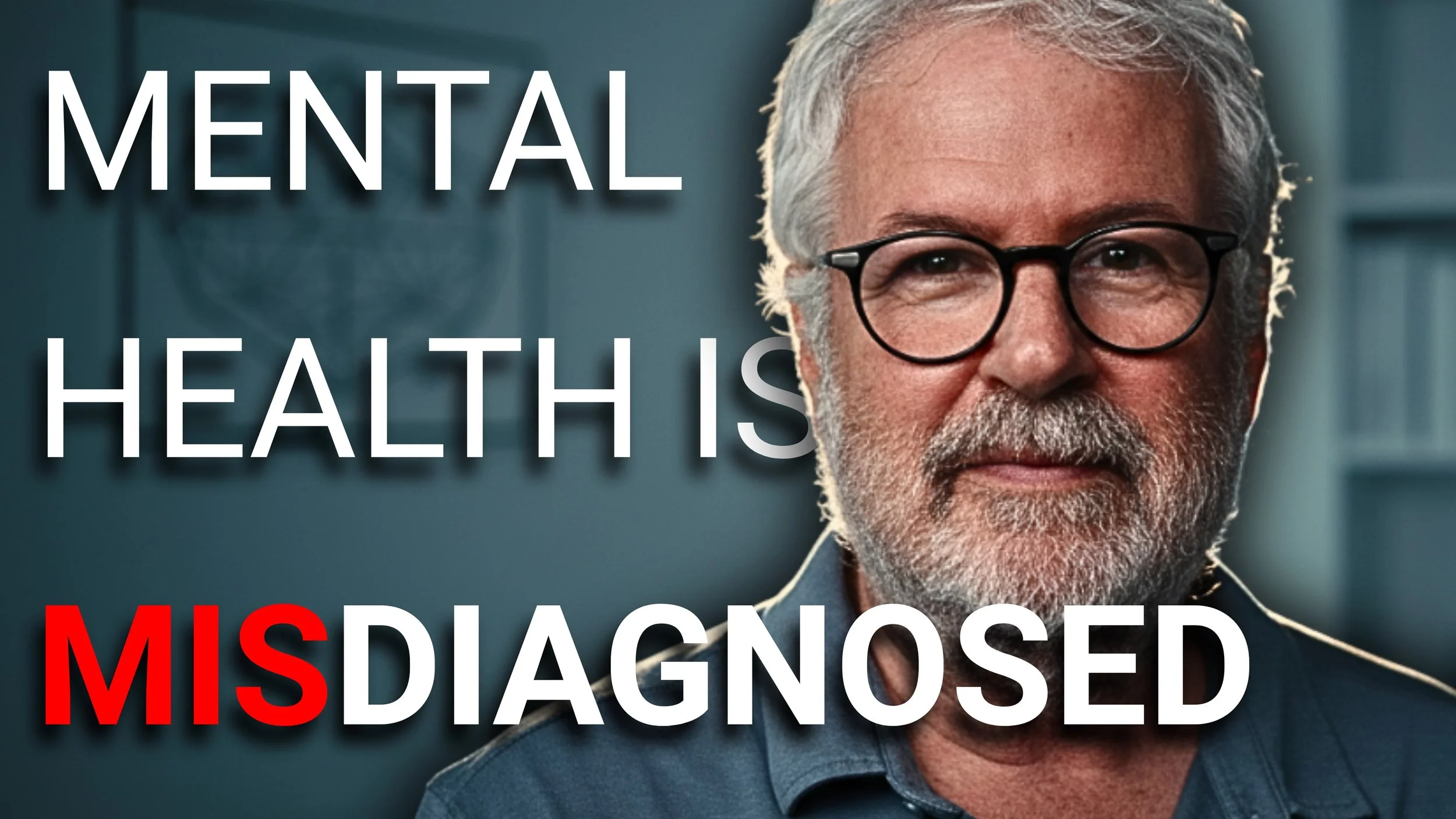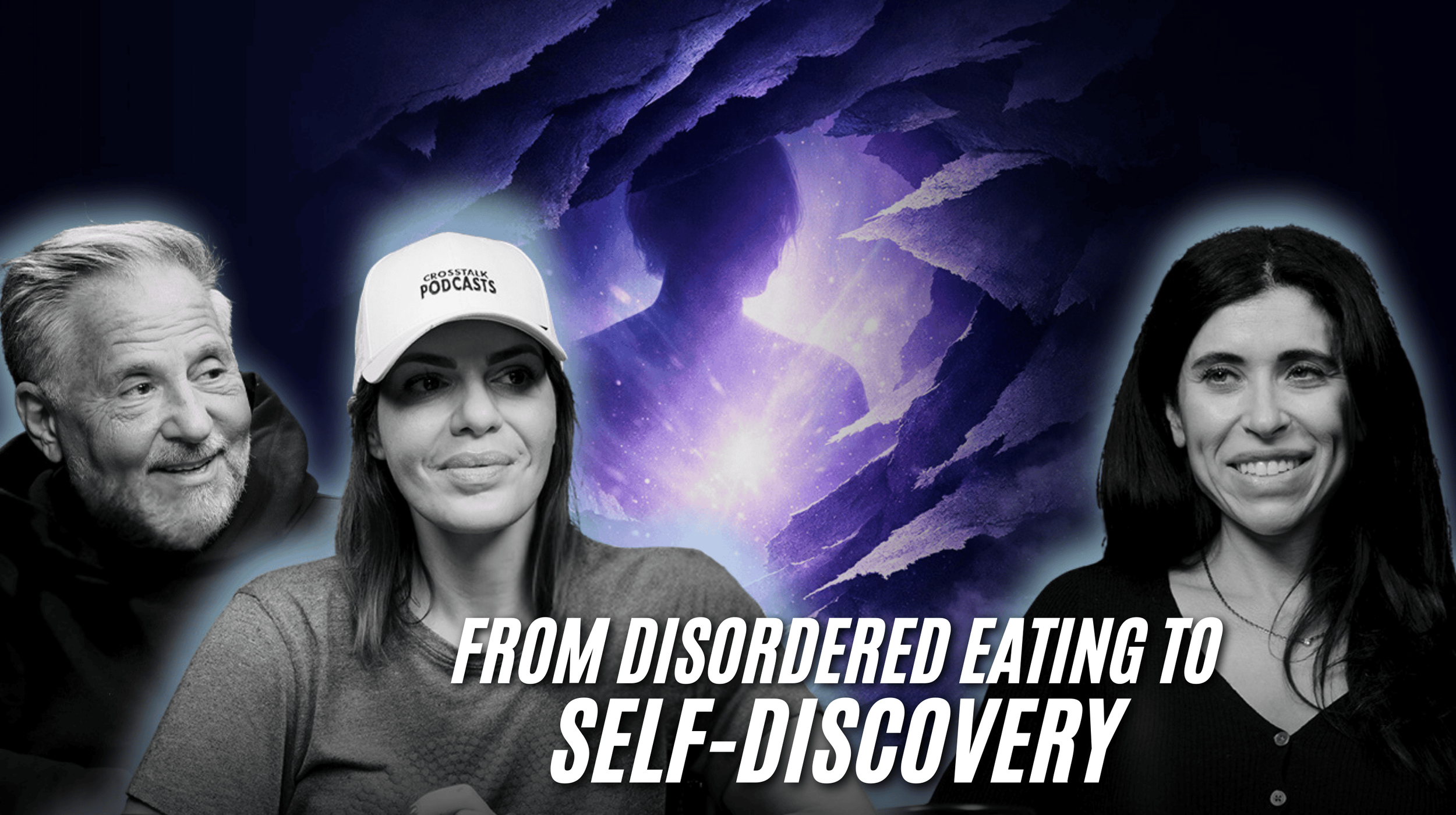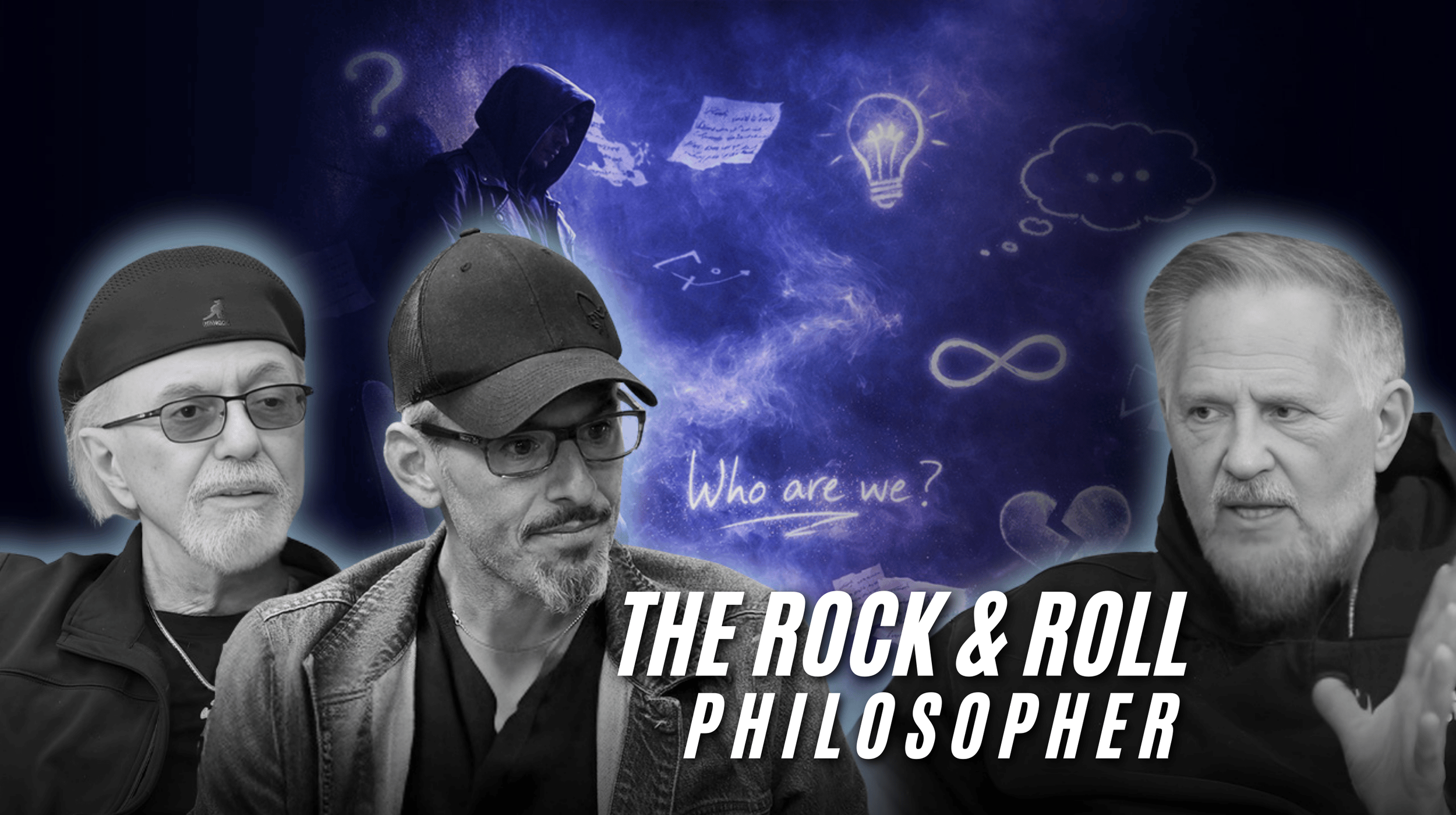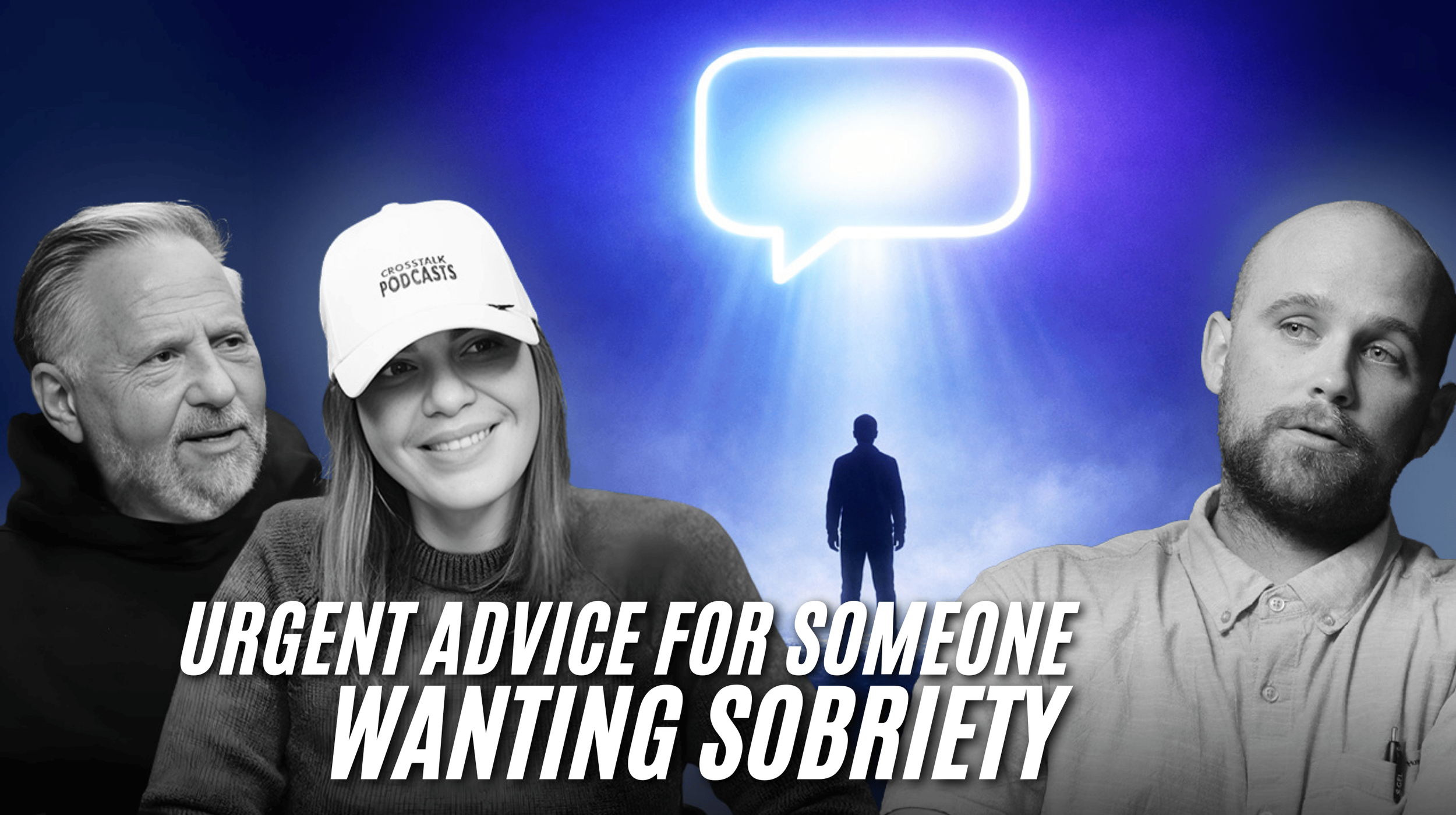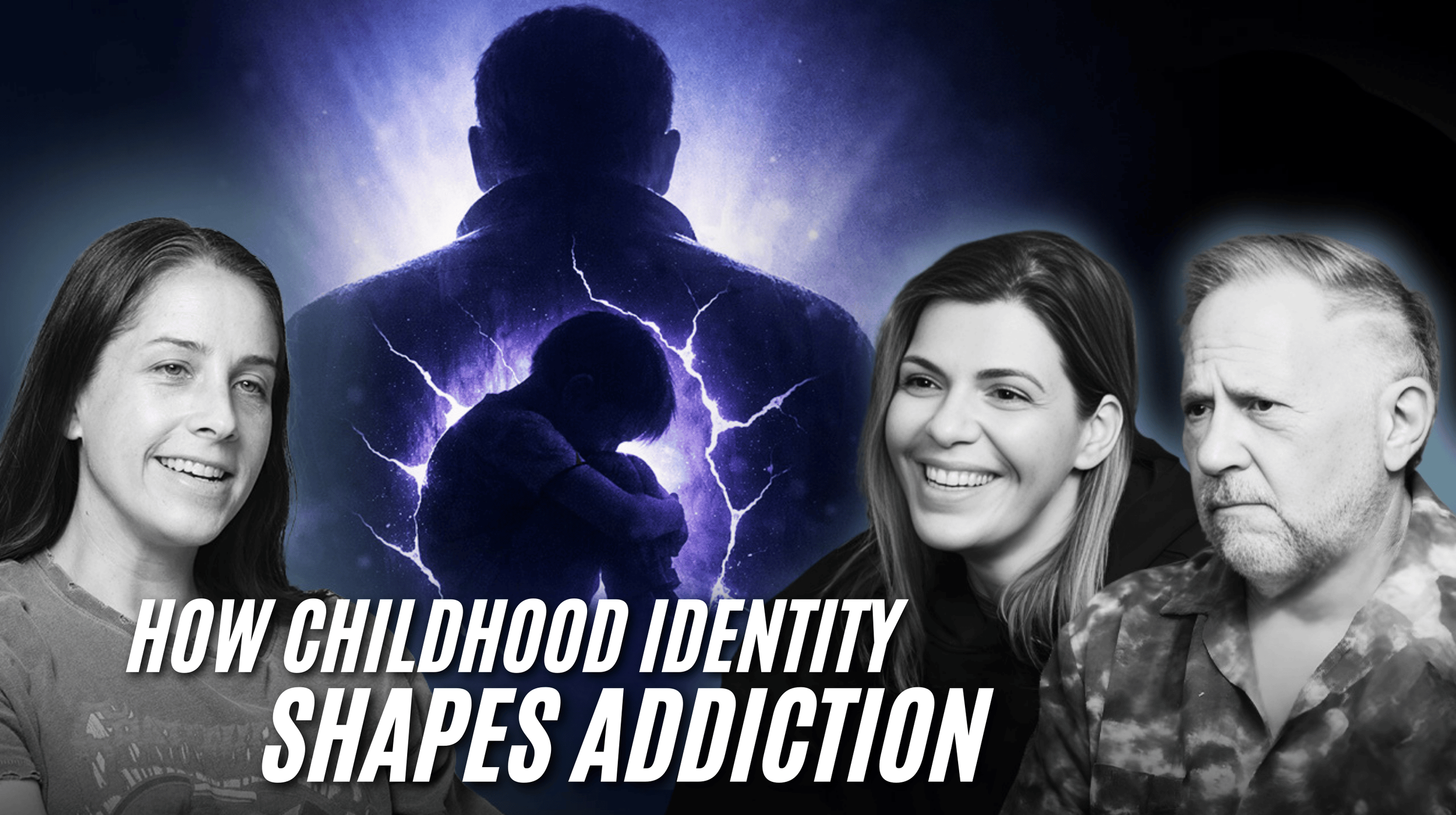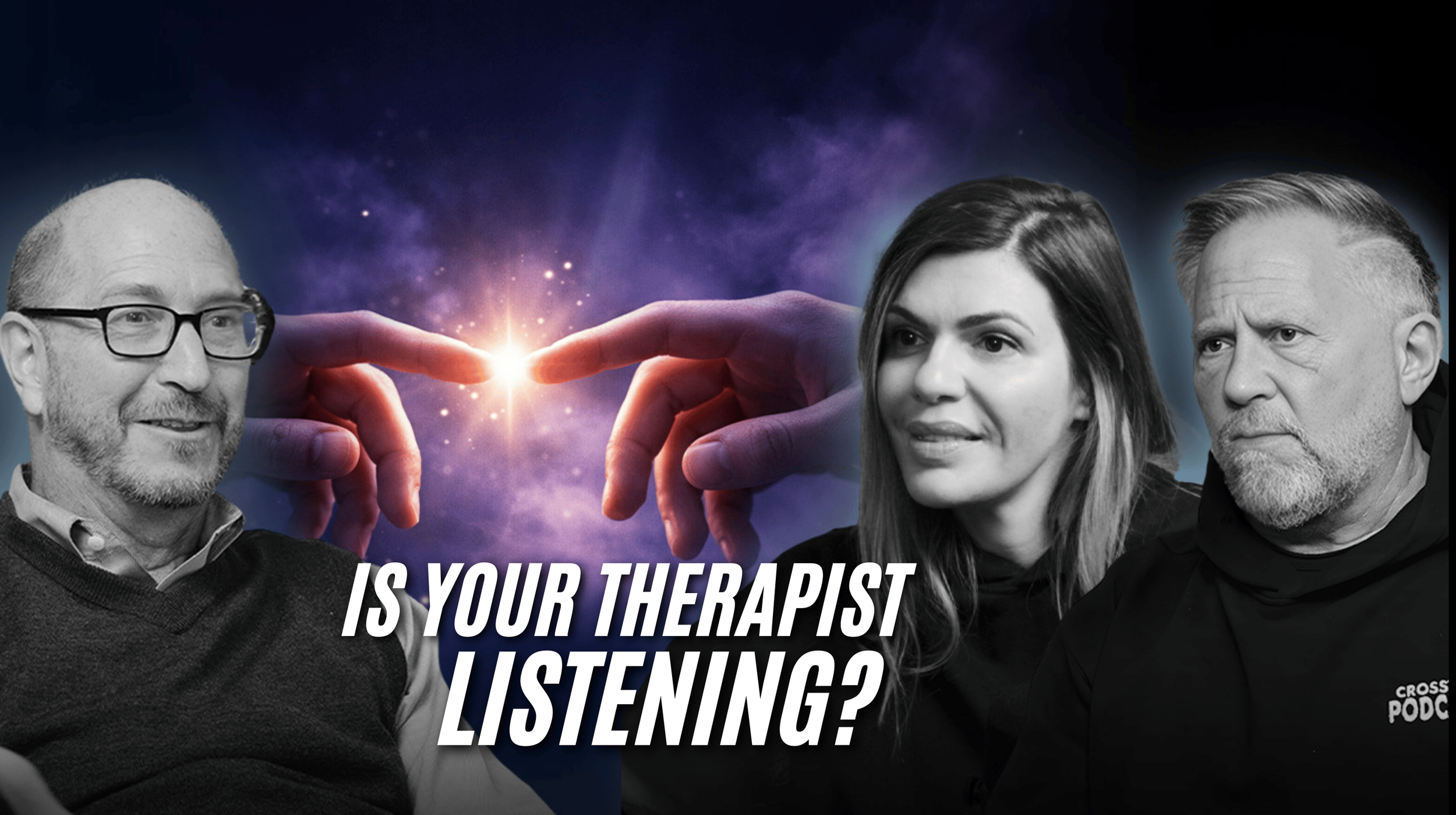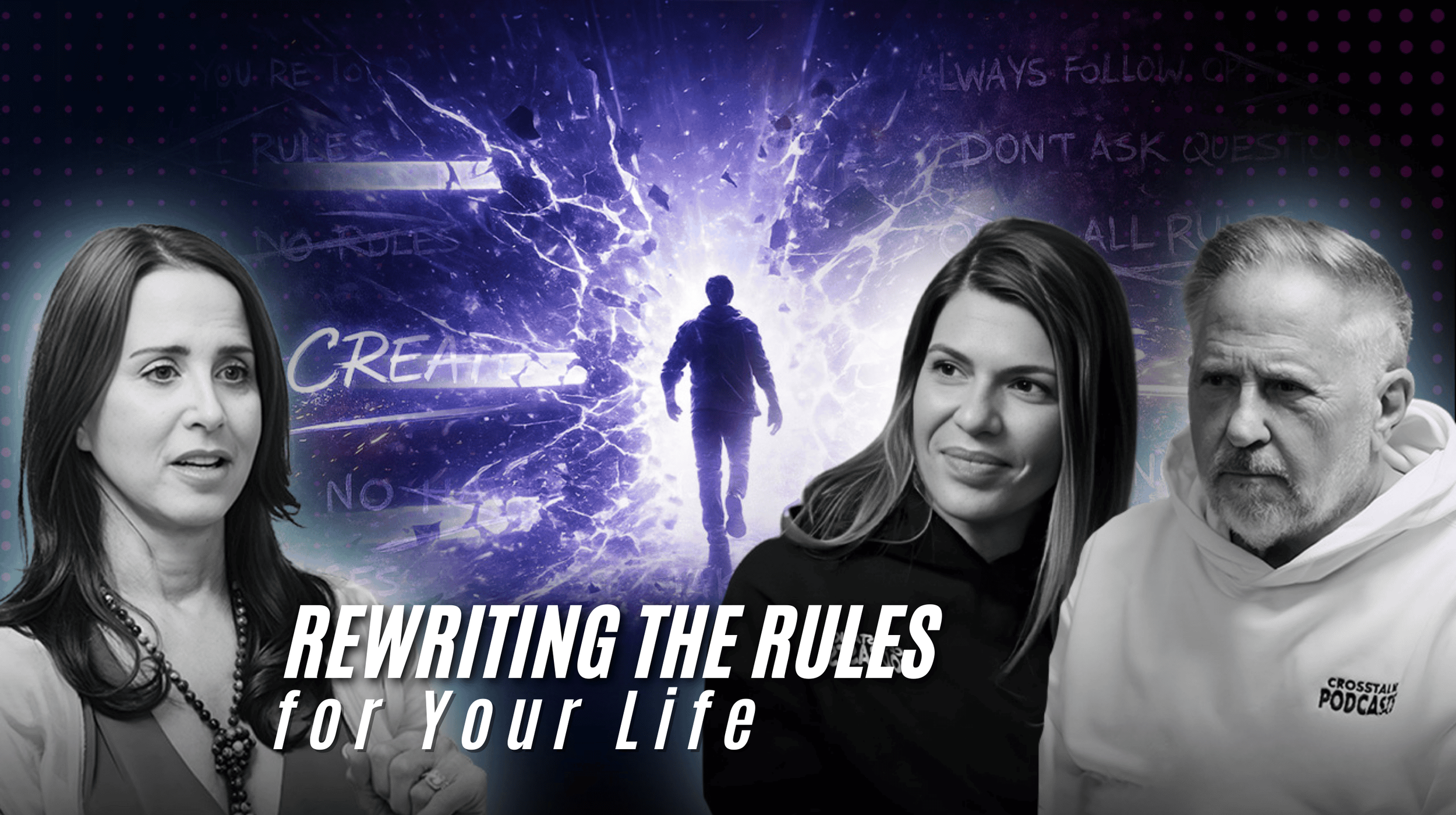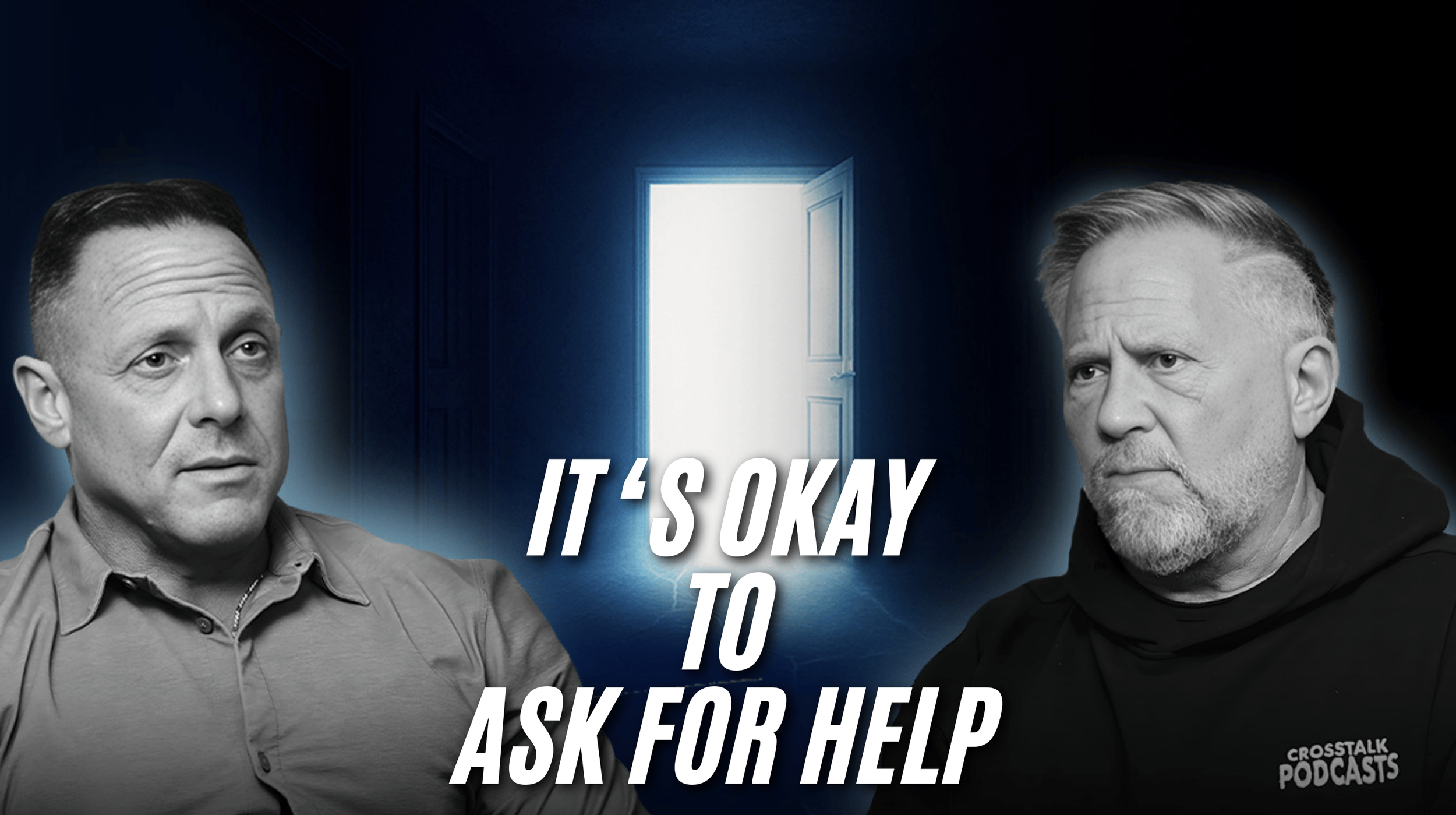Drinking Was Normal, Until It Wasn't: How Griffin House Reclaimed His Life | Griffin H.
Listen or watch on your favorite platforms
Meet singer-songwriter Griffin House, who grew up in an all-American town where alcohol was a quiet but ever-present influence. What started as innocent drinks in his grandfather’s bar became a decades-long emotional crutch that nearly cost him everything. Griffin opens up about the internal war he faced knowing he needed to quit but still wanting to drink, and the turning points that brought him back to life.
Griffin House grew up in Springfield, Ohio; a town once dubbed the "quintessential All-American town." Surrounded by family, traditions, and holiday gatherings filled with warmth, he recalls, “I had a good childhood.” Yet woven into these memories were subtle, normalized threads of alcohol: celebratory drinks at family events and a grandfather he adored who jokingly snuck vodka into non-alcoholic beer.
Griffin idolized his grandfather, a World War II veteran and charismatic storyteller. The man embodied charm, grit, and quiet secrecy, traits Griffin absorbed, especially when it came to drinking. “If I wanted to be like him, then I had to drink. And sneak it too.” While his own home didn’t revolve around alcohol, the culture around him did. From early on, Griffin learned that drinking wasn’t just accepted, it was expected.
First Drink, First Shift
Griffin's first experiences with alcohol weren’t rebellious, they were familiar. During high school, he'd sneak drinks from his grandparents’ bar with friends. “It just felt totally normal,” he said. But the real shift began in college. After a breakup, he spiraled emotionally and was prescribed antidepressants, without understanding the danger of mixing them with alcohol.
“The antidepressants just ramped up my drinking through the roof.” Griffin suddenly had a new tolerance and a new problem: he could drink more than ever, and he did. He graduated college with a traumatic blackout and a brutal attack by a group of men that landed him in the hospital. It was a wake-up call, but not yet a turning point.
The Artist in Active Addiction
Touring as a rising musician fed the illusion of normalcy. Bars, fans, long nights, and drinks flowing; it was all part of the gig. “Drinking really excessive amounts was part of life. And I liked it.” Griffin’s descent wasn’t dramatic in the eyes of others, but it was deeply corrosive. He was numbing pain, masking insecurity, and chasing relaxation through alcohol.
Even as the damage accumulated, he maintained appearances. His drinking didn’t seem wildly different from his peers. But inside, something was off. He recalls feeling like something was wrong with him, even though no one else could see it. “I always felt a little bit different, like there was something wrong with me.”
The Slow Descent & Surrender
Griffin never hit what many call a “bottom.” Instead, he saw the elevator of addiction going down and chose to step off, multiple times. At age 22, he made his first call to a hotline and walked into an AA meeting. “I knew I wanted to do something about my drinking, but I still wanted to drink.” His desire to quit wrestled constantly with a desire to manage the problem rather than eliminate it.
Sobriety came in waves. He'd stay dry for months or years, only to relapse. Each time, he carried more shame and more insight. “I was sober most of that 20 years. I learned a lot. I did a lot of work.” But lasting peace came after reconnecting with recovery in 2022, inspired partly by seeing old friends, now sober, sitting beside him at meetings.
That moment gave him something he had lacked early on: hope and community.
Getting Help and Finding Connection
Griffin’s turning point wasn’t one dramatic event, but a slow unraveling of the idea that alcohol could ever serve him. What began as checking a box, going to meetings, eventually became a lifeline. “When I bring my body to a meeting, I sit down, I make that commitment to myself.”
Recovery, for him, wasn’t about perfection. It was about presence. He built routines, morning meetings, friendships in the recovery community, golf, parenting, and spiritual rituals, that grounded him in joy and peace. He’s quick to admit the journey wasn’t linear. There were setbacks, doubts, and long stretches of pain. But today, he sees all of it, the relapses, the pain, the lessons, as part of his healing.
Life Today: Simple, Grounded, Grateful
Today, Griffin House lives a life he never imagined possible without alcohol. He’s a husband, father, friend, and musician — but also a man deeply rooted in self-awareness. “Some days I go to two meetings. Not because I feel like I need to, but because I want to.” He finds joy in golf, nature, and connection with others. Sobriety, he says, has made his life fuller, not smaller.
The lesson he’d give to his younger self? “Believe in yourself. Don’t give up. Trust your gut.”
And for those still struggling: “You don’t need to hit rock bottom. You just need to want something better — one day at a time.”
FAQs
1. Can you get sober without hitting rock bottom?
Yes. You can step off the “elevator” at any time, you don’t have to crash to make a change.
2. What if I don’t feel ready to quit drinking forever?
Start with today, recovery doesn’t demand forever, just honesty and willingness in the present.
3. How do I know if my drinking is a problem if everyone around me drinks too?
If alcohol causes internal conflict or disrupts your peace, it’s worth exploring.
4. Is AA the only path to recovery?
Not at all, recovery looks different for everyone, and there are many paths to healing.
5. Can I have fun and be social in sobriety?
Absolutely. Joy and connection are not only possible, they’re deeper in recovery.
Related episodes
ABOUT CROSSTALK
CROSSTALK reveals real stories of everyday people and notable figures, sharing their journeys from struggles to life-changing 'aha' moments with all kinds .


 Spotify
Spotify






